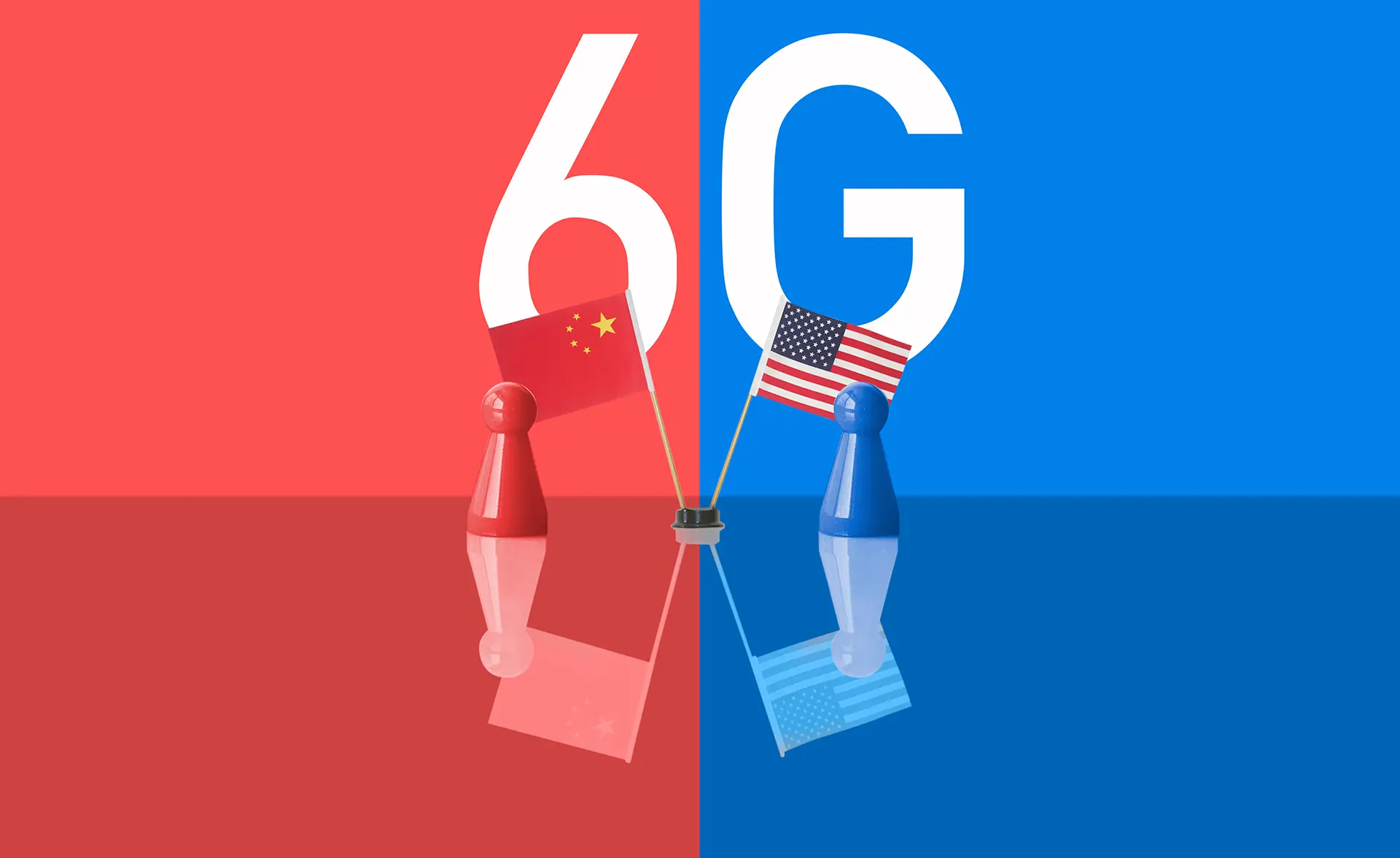

|
||

The United States, along with key global partners, has formally committed to principles guiding the development of 6G technology, as announced by the White House. This move comes amidst a strategic contest to shape the future of wireless communication standards, driven by concerns over authoritarian regimes exerting greater control over the internet within their borders.
Geopolitical dynamics: The race to influence the next generation of wireless technology underscores its critical role in economic growth and national security. This competition is particularly pronounced between the U.S. and China, the latter having recently claimed a significant milestone with the launch of what it describes as the world’s first 6G-test satellite.
A coalition comprising the U.S., Australia, Canada, the Czech Republic, Finland, France, Japan, South Korea, Sweden, and the U.K. has articulated a vision for 6G that champions open, reliable, and secure global connectivity. The principles they advocate include robust cybersecurity measures, privacy protection, and the expansion of technology access to developing countries, aiming to ensure that the next wave of wireless technology benefits all segments of global society.
The China challenge: Amid these developments, experts highlight China’s strategic ambitions in telecommunications, emphasizing its efforts to dominate the sector as seen in its significant footprint in 5G infrastructure. With Chinese firms holding a dominant position in the global 5G landscape, the collaborative stance by Western nations and their allies reflects a concerted effort to counterbalance China’s influence and ensure a more equitable technological future.
Sponsored byVerisign

Sponsored byCSC

Sponsored byWhoisXML API

Sponsored byDNIB.com

Sponsored byIPv4.Global

Sponsored byVerisign

Sponsored byRadix
